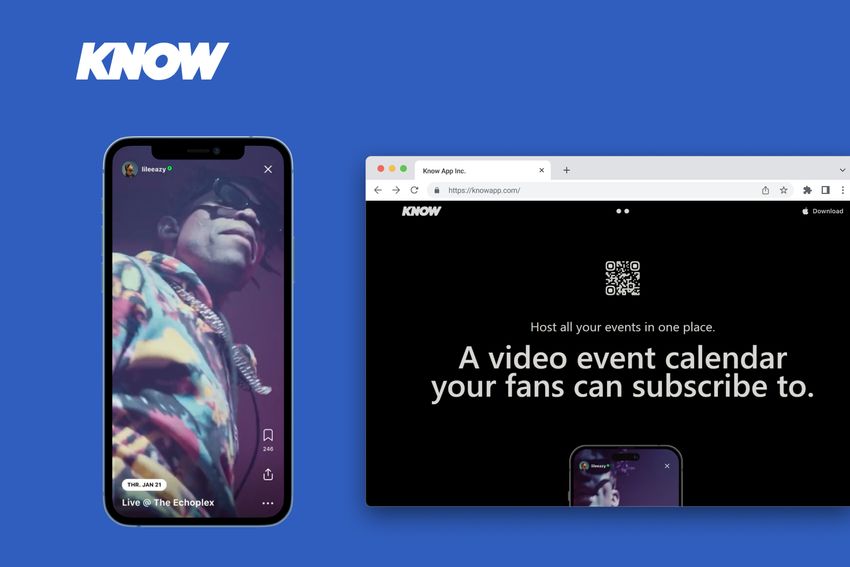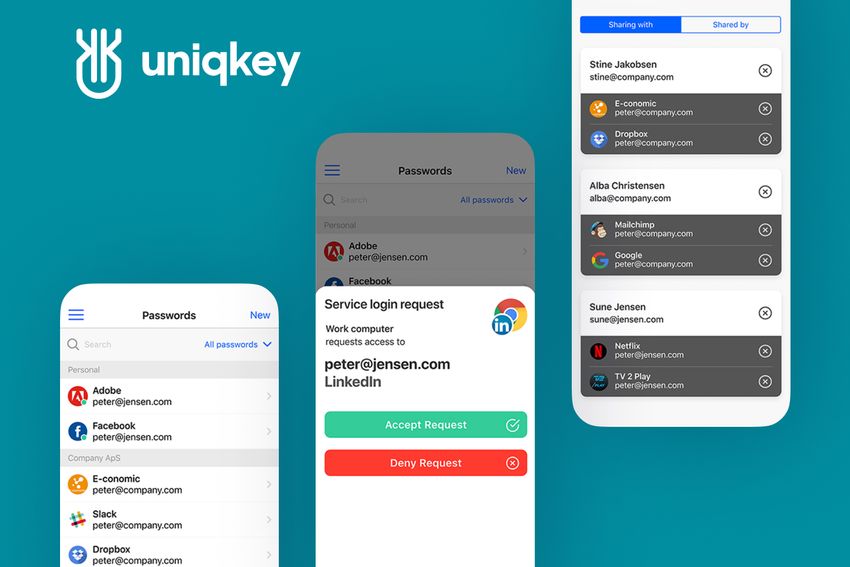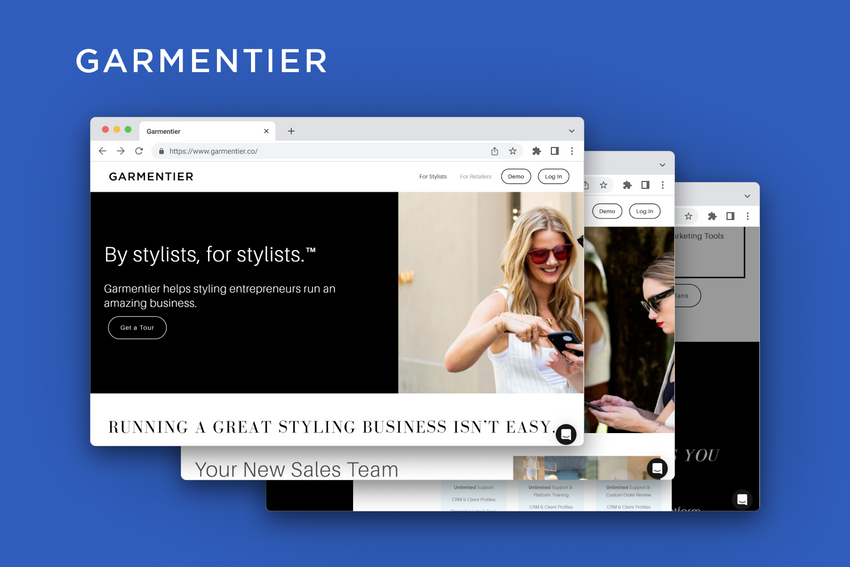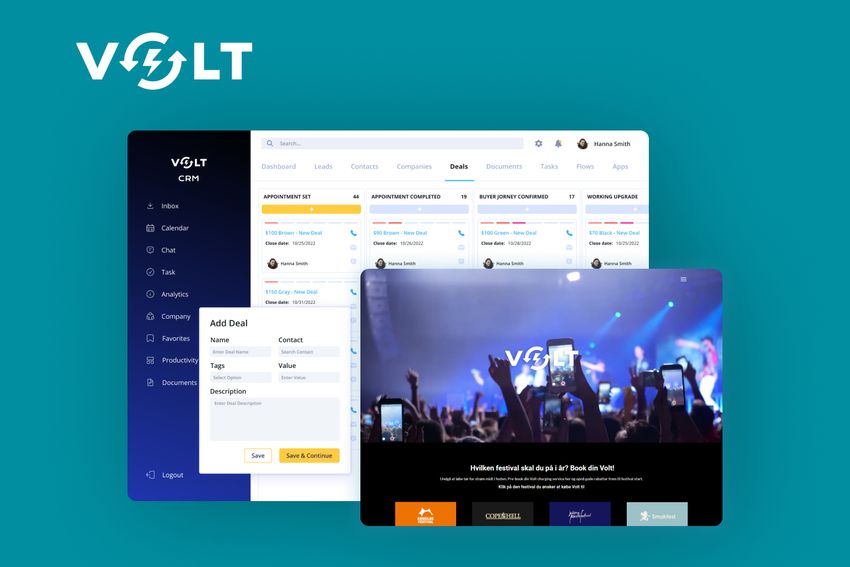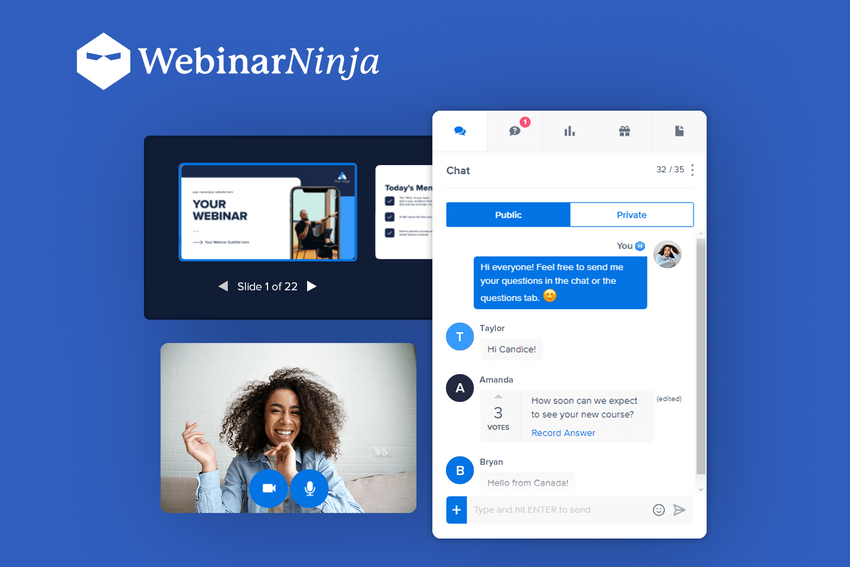Typical Mistakes That Can Kill Your Startup
Every startup founder must be aware of these mistakes. Check where to find startup development support and make your journey safe.
Thousands of bright and audacious entrepreneurs launch new projects every year. It’s really inspiring though more than 50% of them are forecasted to die in 4 years. This may be explained by a number of reasons that lead to the situation when companies don’t do and offer what customers expect.
Forewarned is forearmed. To make your startup journey safe, Fively team decided to give you a clue to what kind of traps await for new enterprises.
Too Little or Too Many Founders on Board
When it comes to creating a founding team, there are two extremes. The first one is a single founder, the second one is too many people on board. Let’s consider both cases.
History has witnessed a few success stories of solo startup founders. If you take a closer look at the companies you think of as having a single founder like Tumblr, you’ll find more people involved. Being alone means an entrepreneur has no other opinions on a startup concept and business development strategy. You may talk to other entrepreneurs or mentors but the opinion of a person who is in the same boat and shares risks is much more valuable. Besides, you’ll need someone for brainstorming and support in tough times.

On the other hand, when you involve many people, it may hurt your startup too. You may see it cost-effective to enroll more investors as co-founders. However, organizational processes can just come to a halt when there are too many decision-makers. As a result, a startup can collapse.
Vague Customer Persona
If you have no specific user in mind, how can you make a product to be liked and bought? You need more information and here marketing research can help. Try to analyze your potential customers, choose the most preferable ones, describe them in detail and focus your efforts on these segments. Your hypothesis may be right or wrong, that’s why don’t put all the eggs in one basket and stick to market differentiation.
The following step is to work carefully with each group that might affect your positioning on the market or lead to considerable changes in the product you’re working on.
In addition to that, there’s one more valuable observation. Many of the successful startups were made as an attempt to solve a real problem of their founders. In this case, it’s much easier to find a perfect customer and give him or her the value. Otherwise, when you’re determined to work with social groups that have nothing in common with you, talk to their representatives. Direct communication will enrich the marketing data and make you more confident.

Poor Funding
Startup funding is a dangerous territory. According to classical theory, there are 5 startup funding stages - seed capital, angel investor funding, venture capital financing, mezzanine financing with bridge loans, and Initial Public Offering (IPO). Each stage extends in time. The way to IPO can be really exhausting though it’s not your final destination.
Inexperienced entrepreneurs commonly waste money for representational expenses, don’t make correct calculations in advance, or neglect income-generating activities hoping to captivate potential investors with a mere idea.
The idea is to have such an amount of money so that you could exist and act until the next stage. Every startup is initially unprofitable. The good news is that you are in control of how much you spend. Start with the seed capital and invest it in a solid minimum viable product (MVP). This will give you the understanding of the following steps and make you more convincing for investors.
Launching Too Slowly or Too Fast
Time is a great teacher but unfortunately, it may kill a startup. Companies procrastinate as well as people do. Contractors work slowly, all sorts of fears find you, excessive perfectionism doesn’t let you move forward - everything is possible. However, some things need to be done. If you claim quick launching it will force you to complete a great piece of work. Besides, the sooner you share your product with the users, the more time and feedback you’ll get to improve it so that you stay competitive.
There is a danger, however, in launching too fast. If you present a raw product to the early customers and they reject it, it will ruin your brand reputation. When is the right time to start then? Try to decompose the whole scope of work into meaningful subsets and get one of them done as soon as possible. As you’ll complete the tasks in the subsets, you’ll understand what is left to be done.

Hiring Unprofessional Developers for a Startup
Supposing that you’re a programmer, you might hire poor technical specialists by accident, find a quick fix and avoid troubles. However, if you have no such background, which is commonly found in e-commerce, for example, you can be at risk. There’s no need to explain the consequences of developer mistakes for the whole project.
If you don’t have startup development expertise, you can look for experts in your inner circle, fall back on networking, or try reviews, freelancing platforms, LinkedIn. However, the issue remains. How to find developers? If you aren’t a good developer yourself, you may not know what to look for. If you feel this way, check the article on how to decide which outsourcing provider to work with.
In case you need direct recommendations for great engineers for your startup, contact Fively. We’ll be glad to consult you on the technical aspects and provide practical assistance. Our company has top-notch professionals and reassuring experience in startup support. Use it for the good of your business.
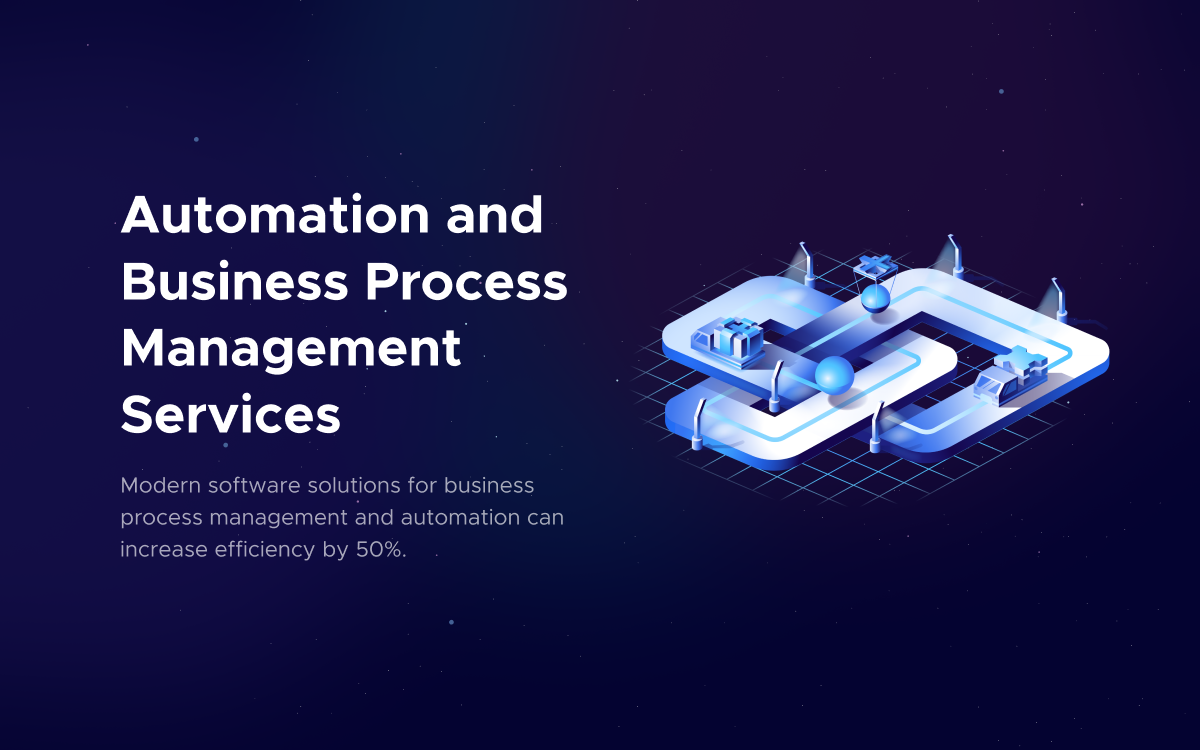
Need Help With A Project?
Drop us a line, let’s arrange a discussion




